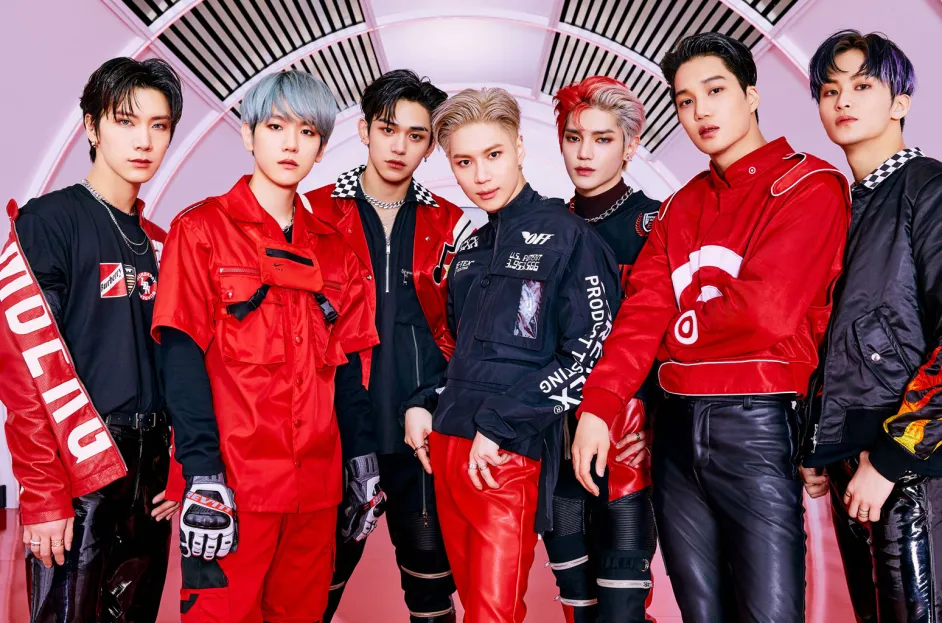Smashing – The K-pop industry is no stranger to game-changing collaborations, but the potential alliance between SM Entertainment and Tencent has analysts buzzing. Could this partnership create an unstoppable K-pop superpower, reshaping the global music landscape? Industry experts are weighing in on what this merger could mean for fans, artists, and the future of entertainment.
The Potential SM and Tencent Partnership
Rumors of a strategic collaboration between SM Entertainment and Tencent have sent shockwaves through the music industry. SM, home to iconic groups like EXO, NCT, and aespa, has long been a leader in K-pop innovation. Meanwhile, Tencent, China’s tech and entertainment giant, boasts unrivaled digital distribution power through platforms like QQ Music and WeChat.
If this deal materializes, it could create a K-pop superpower with global reach, combining SM’s artist development expertise with Tencent’s massive user base and technological advancements. The implications for fan engagement, music distribution, and even virtual idol development are staggering.
Why This Collaboration Could Be Revolutionary
The K-pop superpower that could emerge from this partnership would leverage Tencent’s AI, gaming, and social media ecosystems to enhance SM’s content. Imagine AI-powered virtual concerts, deeper fan interactions via WeChat integrations, or even blockchain-based fan tokens for exclusive content.
Tencent’s influence in China also presents a major opportunity. While K-pop has faced regulatory challenges in China, Tencent’s political and business connections could help SM artists regain access to one of the world’s largest music markets. This could mean more tours, endorsements, and streaming revenue for SM’s roster.
Challenges and Concerns Surrounding the Deal
Not everyone is convinced this merger will be smooth sailing. Some analysts warn that a K-pop superpower under Tencent’s influence could lead to censorship concerns, especially given China’s strict entertainment regulations. SM artists might face creative restrictions when targeting Chinese audiences.
There’s also the question of market competition. HYBE (BTS’s label) and JYP Entertainment are already expanding aggressively. If SM and Tencent join forces, will they dominate—or will rivals adapt even faster to stay ahead?
How Fans Could Benefit from the SM-Tencent Alliance
For K-pop fans, this deal could bring exciting new experiences. Tencent’s tech could enable hyper-personalized fan content, from AI-generated member-specific messages to VR fan meetings. SM’s artists might also appear in Tencent-backed games, dramas, or virtual worlds, blurring the lines between music and immersive entertainment.
Additionally, Tencent’s global partnerships with companies like Universal Music Group could help SM acts break into Western markets more effectively. The potential for cross-industry collaborations—like K-pop idols featuring in Hollywood soundtracks—becomes much higher.
Industry Analysts’ Predictions on the Future of K-Pop
Experts are divided on whether this will solidify SM’s dominance or trigger an industry arms race. Some believe the K-pop superpower created by SM and Tencent will force competitors to seek similar tech-entertainment mergers. Others argue that HYBE’s strong U.S. presence and JYP’s viral marketing tactics will keep the playing field balanced.
One thing is certain: the K-pop superpower dynamic is shifting. If SM and Tencent succeed, we could see a new era where music labels are not just talent developers but full-fledged entertainment-tech hybrids.
Final Verdict: A New Chapter for K-Pop Globalization
The possible SM-Tencent merger represents more than just a business deal—it could redefine how K-pop operates on a global scale. While risks exist, the potential for innovation, broader market access, and next-level fan engagement makes this one of the most intriguing developments in recent music industry history.
Whether this creates an unstoppable K-pop superpower or sparks fiercer competition, one thing is clear: the future of K-pop is being rewritten, and SM and Tencent may hold the pen.





